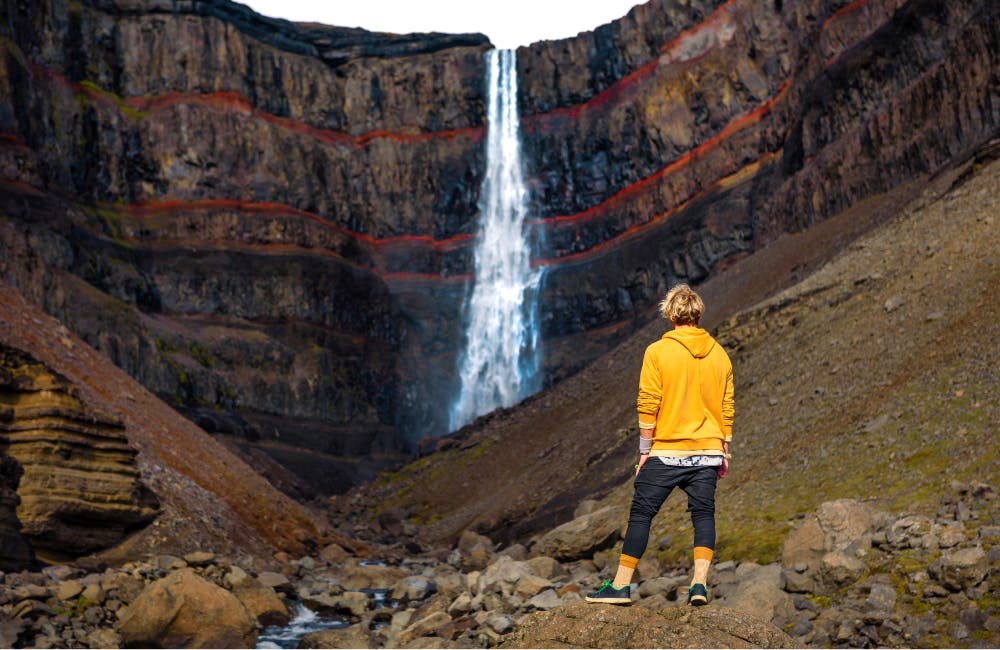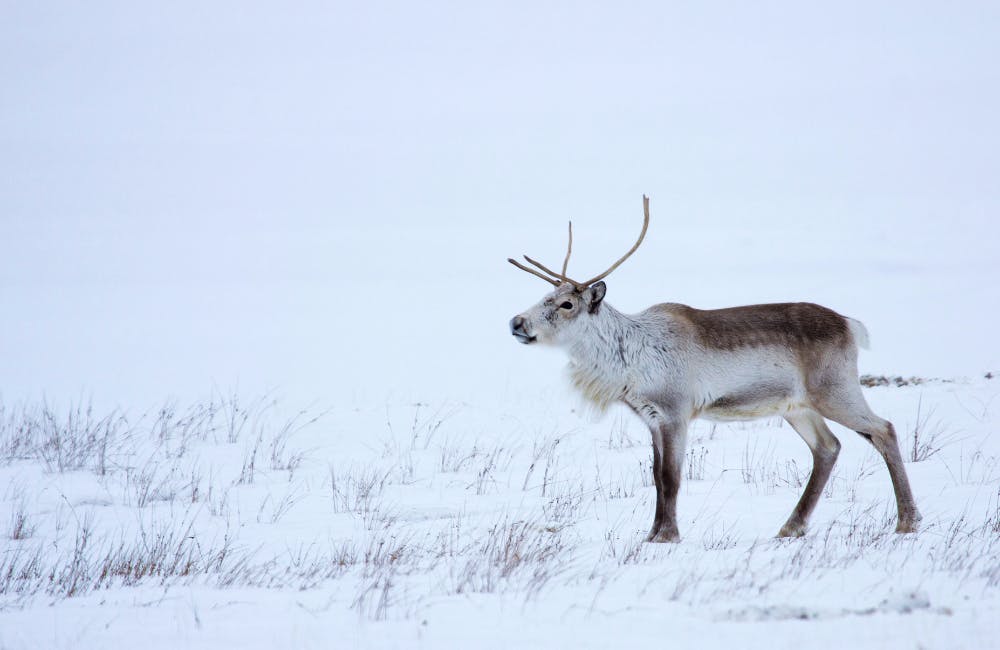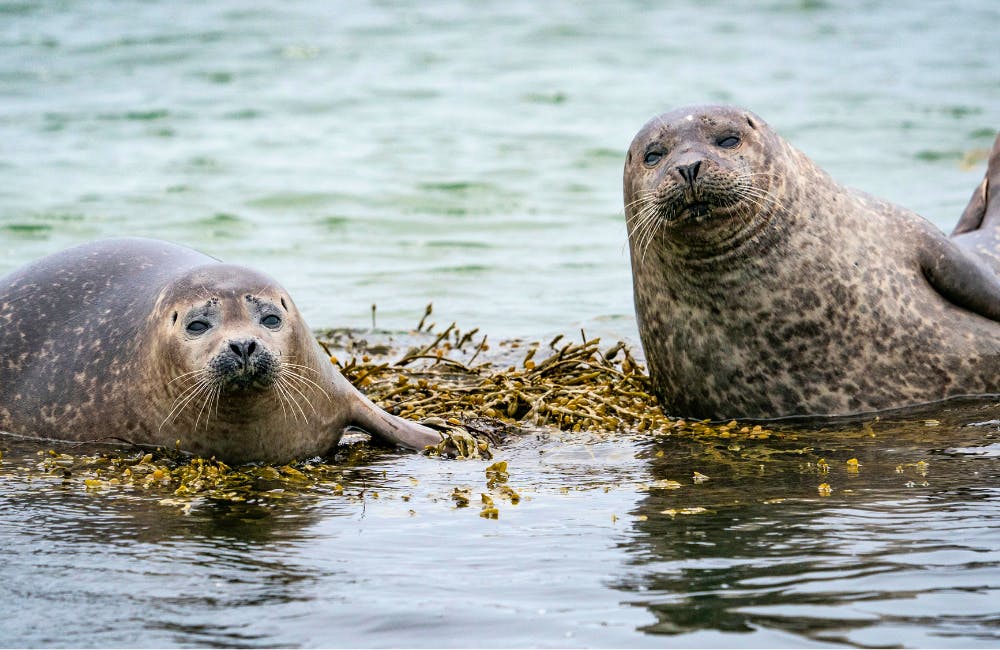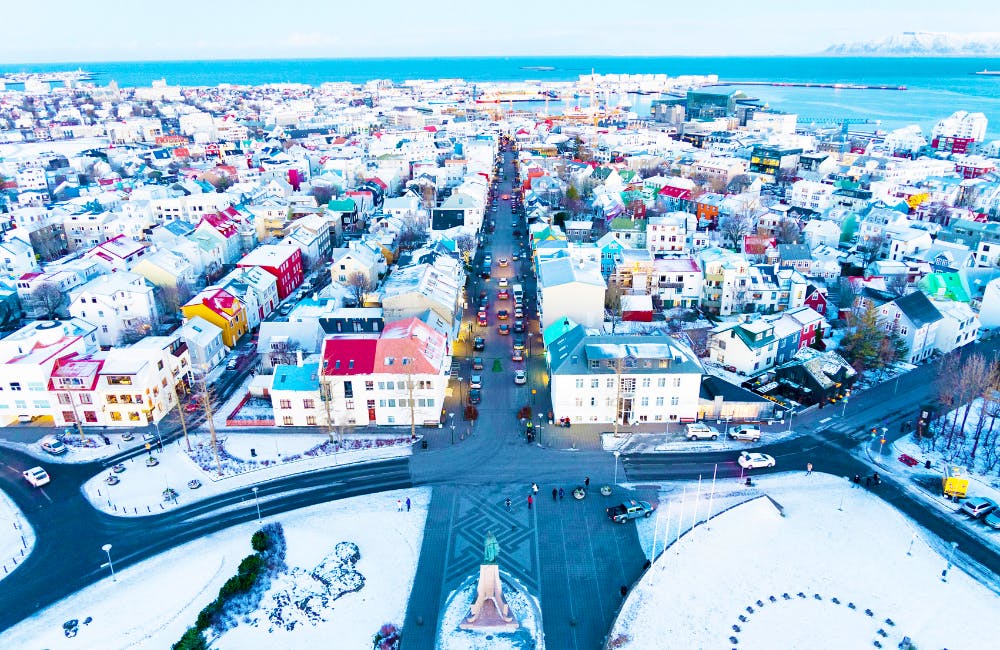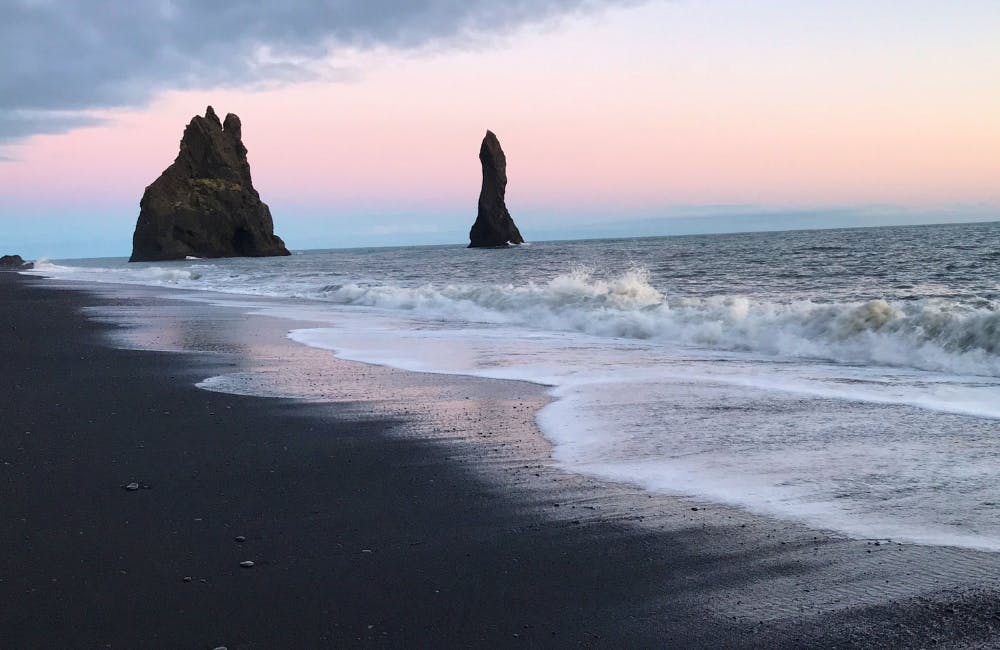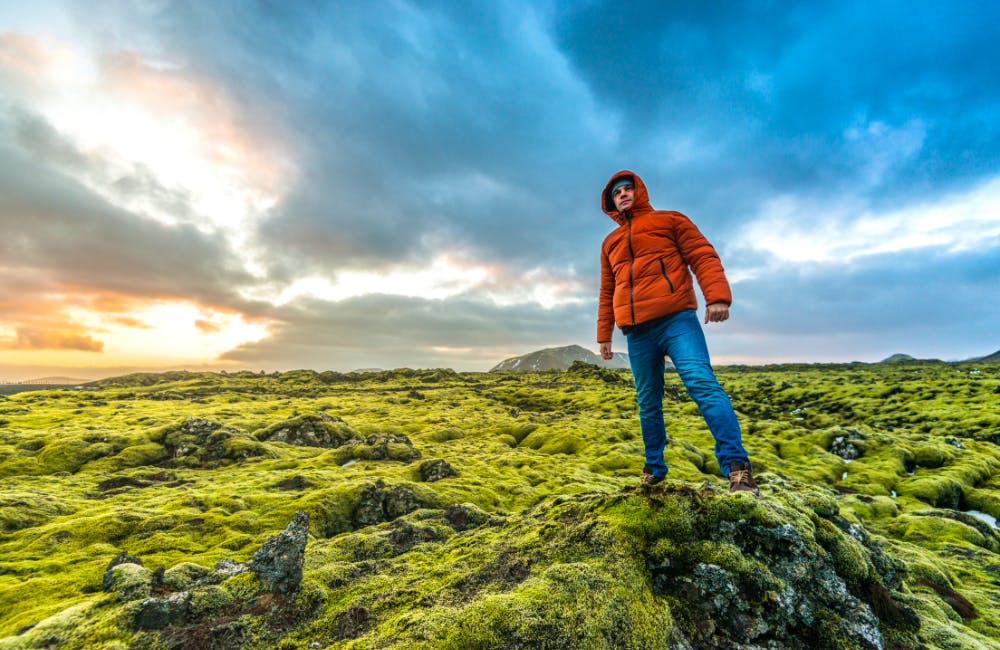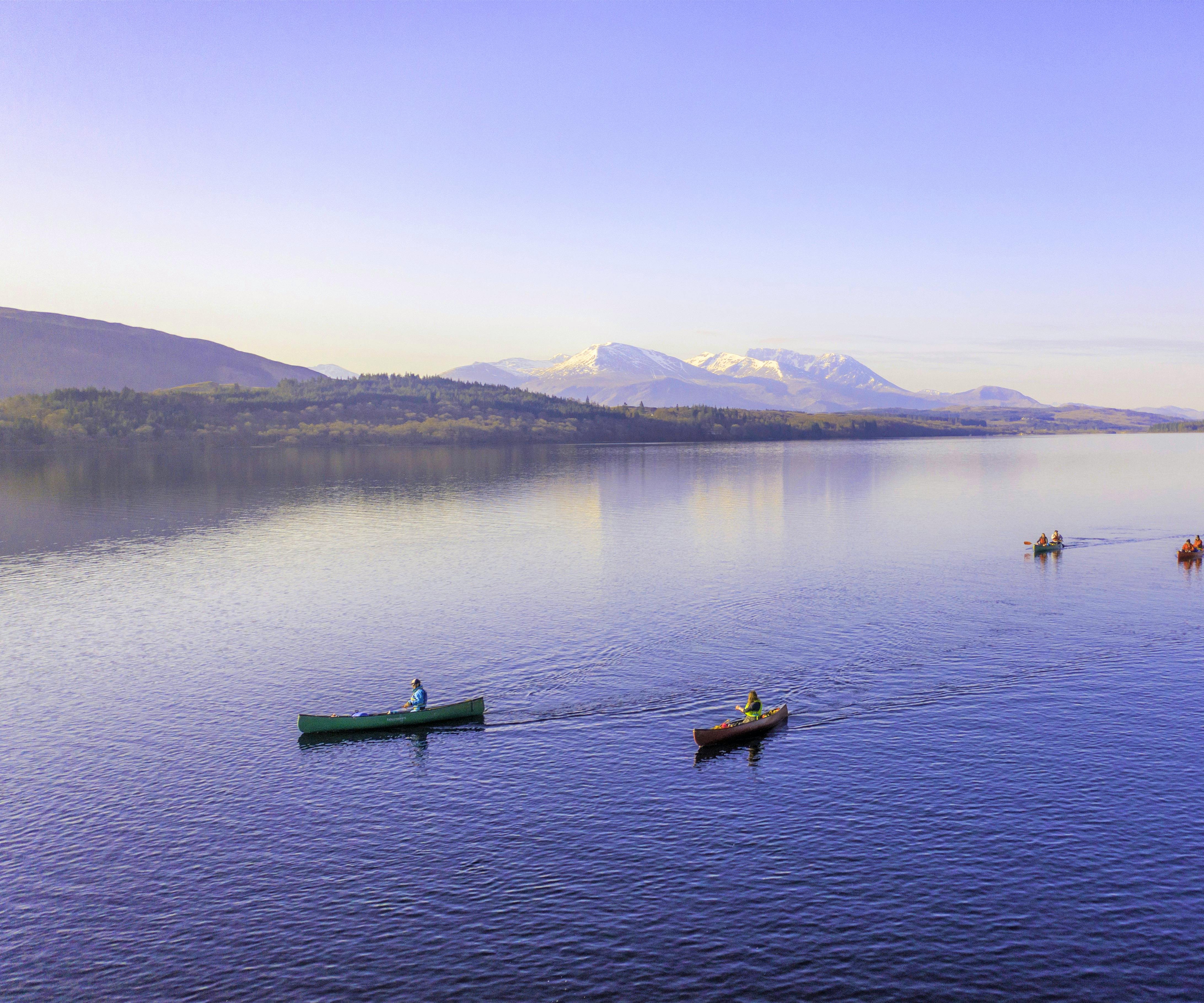I still remember my first glimpse of the East Fjords, Iceland: jagged peaks rising like ancient guardians over mirror-like waters.
It felt like stepping into a Viking saga, with nature’s drama unfolding at every turn.
If you’re like me, always chasing the next adventure, the East Fjords are a dream come true. Think epic hikes, remote fishing villages, and wild landscapes where time slows down.
Ready to explore one of Iceland’s best-kept secrets? Who knows, maybe
Skyhook will be your guide to something unforgettable.
Why Visit the East Fjords of Iceland?
The East Fjords of
Iceland aren’t just another stop on the Ring Road. They’re a whole new world waiting to be explored.
Picture towering fjords plunging into the sea, rugged volcanic landscapes shaped by fire and ice, and remote villages that seem frozen in time. This is the Iceland adventurers dream of.
It’s wild, untamed, and endlessly captivating.
What makes the East Fjords special isn’t just the stunning scenery. It’s the sense of discovery.
You’ll find hidden hiking trails, secret beaches, and wildlife encounters that feel like something out of a nature documentary. Reindeer roam the hills, seals bask on rocky shores, and seabirds soar above dramatic cliffs.
Here, adventure waits around every corner.
Whether you're chasing waterfalls, exploring historic fishing towns like
Seyðisfjörður, or just soaking in the breathtaking views, the East Fjords promise experiences you’ll be talking about for years.
And if you’re going to explore the East Fjords, here are 4 epic things to do.
4 Top Things to Do in the East Fjords
Here are my favourite 4 things to do in the East Fjords of Iceland.
The East Fjords of Iceland are a hiker’s paradise, offering some of the best trails in the country. Two hikes you can’t miss are the Stórurð Boulder Fields and Hengifoss Waterfall.
This hike feels like stepping into another world. Massive, moss-covered boulders sit between glacial streams, creating a surreal landscape.
It’s a moderately challenging trek, but the views are absolutely worth it. Bring good hiking boots and a camera — you’ll want to capture this otherworldly scene.
One of Iceland’s tallest waterfalls, Hengifoss cascades down red-striped cliffs carved by volcanic activity.
The hike takes about 2-3 hours round-trip, with smaller waterfalls like Litlanesfoss along the way. It’s a must-do if you want jaw-dropping views with a bit of geological history thrown in.
These are some of the
best hikes in Iceland, offering unforgettable views and a true taste of Iceland’s rugged beauty. Just be ready for all kinds of weather. This is Iceland, after all!
Next, let’s talk about fishing villages.
2. Explore Fishing Villages
The East Fjords of Iceland are dotted with charming villages. They feel like they belong in a storybook.
These remote fishing towns are where history, culture, and adventure collide, and they’re perfect for a break from the wilderness. Here are some of my favourite fishing villages along the East Fjords:
Tucked between snow-capped mountains, this artsy village is famous for its colourful houses and the Blue Church.
Strolling along its rainbow-painted street feels like walking through a postcard. Don’t miss the local art shops and the town’s cosy cafés.
Known for its laid-back vibe and creative spirit, Djúpivogur is Iceland’s first Cittaslow town. What does that mean for you? It means life here is all about slowing down.
This village has strong French roots due to its history as a fishing hub for French sailors. Its museum dedicated to that heritage is worth visiting, and the surrounding fjord views are spectacular.
My Pro Tip: After a long day of exploring, nothing beats sitting in a cosy village café with a hot bowl of traditional Icelandic lamb soup and freshly baked bread. It warms you from the inside out; especially on a chilly Icelandic afternoon!
Next, let’s talk about the wildlife.
The East Fjords of Iceland are a wildlife lover’s dream.
The rugged landscape, secluded shores, and untouched wilderness make this one of the best places to see Icelandic wildlife in its natural habitat.
My Pro Tip: Early mornings are the best time for wildlife spotting. You’ll deal with fewer people and more animals. I once stumbled upon a reindeer herd at dawn while sipping coffee near a fjord. Moments like that remind me why I keep coming back to Iceland.
Here’s some of the wildlife you can encounter when exploring the East Fjords:
The East Fjords are the only place in Iceland where you can spot wild reindeer. They roam the hills and valleys, especially during winter when they descend to lower altitudes. Keep your camera ready. Seeing them feels like stepping into a winter fairytale.
During summer, puffins nest along Iceland’s rocky cliffs. While the
West Fjords get most of the puffin-hype, the East Fjords have a few great puffin-watching spots too.
Borgarfjörður Eystri is one of the best places to see these iconic birds up close.
Look out for seals basking on the shores or popping their heads above the icy waters. The fjords’ remote beaches are perfect for seal spotting, especially near Hvalnes Nature Reserve.
But there’s more to the East Fjords than awesome hiking,
camping in Iceland, and watching wildlife. One of my favourites must be experiencing the local culture.

Latest Deals
Discover trips on sale on Skyhook. Book once-in-a-lifetime adventures at discounted prices.
4. Experience Local Culture
Iceland isn’t just about epic landscapes! It’s also rich in folklore, history, and tradition.
The East Fjords’ cultural experiences offer a glimpse into a way of life shaped by the sea, storytelling, and survival in a rugged land.
One evening, I found myself in a tiny village café during an unexpected storm. While waiting out the weather, a local fisherman shared stories about the “hidden people” (elves) said to live in the nearby hills.
He spoke with such belief and warmth that, for a moment, I found myself glancing at the rocky slopes, half-expecting to see something magical.
If you want to experience the local culture in Iceland, the best ways to do so are to:
Learn About the Folklore and Legends: Many villages have legends about elves, trolls, and sea spirits. Borgarfjörður Eystri even has marked “elf territories” you can visit.
Visit Museums: Check out the French Museum in Fáskrúðsfjörður to learn about its fishing heritage or Petra’s Stone Collection for a quirky, personal mineral exhibit.
Enjoy Traditional Craft & Music: Look for local events featuring Icelandic music and handmade crafts, especially during village festivals.
Icelandic culture is living history, woven into everyday life. It’s not something you just see. It’s something you feel.
So, this begs the question, when is the best time to see and experience this adventure?
When Is the Best Time to Visit the East Fjords?
The best time to visit the East Fjords of Iceland depends on what kind of adventure you’re after. Each season brings its own magic, from endless summer days to winter’s ethereal Northern Lights. Here’s what you can expect:
Long daylight hours, warmer temperatures, and accessible hiking trails make summer the best time to explore the East Fjords.
Summer is perfect for adventurers eager to discover iconic fjords, majestic waterfalls, and remote fishing villages.
Roads are clear, making even the most secluded spots reachable, while wildlife like puffins and reindeer are out in full force, adding extra magic to every journey.
Winter (November - March)
The region transforms into a snowy wonderland, offering breathtaking winter landscapes.
While some hiking trails may be closed due to snow, the dramatic scenery makes the trip worthwhile. Just be prepared for unpredictable weather and icy roads.
Spring & Fall (April-May & September-October)
With fewer crowds and stunning seasonal scenery, spring and fall are ideal for a quieter adventure in the East Fjords.
Autumn blankets the fjords in fiery reds and golds, while spring awakens the landscape with blooming wildflowers and migrating birds.
It’s a perfect time for nature lovers seeking tranquillity and breathtaking views!
And talking about breathtaking views, here are some of the hidden East Fjords gems few people know about.
Hidden East Fjords, Iceland Gems You Can’t Miss
One thing I love about the East Fjords is stumbling upon places that feel like they’re straight out of a forgotten legend.
While the big-name spots get plenty of attention, some hidden gems are equally magical, and far less crowded.
This quirky museum feels like stepping into someone’s personal treasure chest (because it is!).
Petra collected thousands of unique stones from the area, turning her home into one of Iceland’s most charming and unusual attractions.
Known as the "Batman Mountain," Vestrahorn is a dramatic, craggy peak that looks like it belongs on a fantasy novel cover.
The reflections on the surrounding black-sand beach are pure photographic gold.
The East Fjords have some of Iceland’s quietest beaches, perfect for peaceful walks and wildlife spotting.
I once sat on a lonely beach for what felt like hours, just watching seals play in the surf. It’s a memory I carry with me wherever I go.
Exploring these lesser-known spots feels like unlocking a secret chapter in Iceland’s story — and trust me, they’re well worth seeking out.
Ready to
go explore Iceland? Here are some well-earned travel tips for the best experience.
5 Travel Tips for Exploring the East Fjords
Exploring the East Fjords is an unforgettable adventure, but a little preparation goes a long way. Here are some essential travel tips for the East Fjords of Iceland to make your trip smooth and memorable.
Ready for an
Iceland road trip? The East Fjords are along Iceland’s famous Ring Road
(Route 1), making them easy to access.
Just keep in mind that the road winds through fjords, so driving can take longer than expected. Allow extra time to stop, take photos, and soak in the views. Half the adventure is the journey itself.
Bring layers, waterproof clothing, and sturdy hiking boots. You’ll thank yourself when a sudden downpour hits while you’re exploring a remote trail.
Don’t forget a reusable water bottle. Icelandic water is some of the best in the world!
3. Check the Weather and Road Conditions
Weather in the East Fjords can change quickly, especially in winter. Use websites like
Vedur.is for weather updates and
Road.is for current driving conditions.
It’s better to know what you’re up against before setting out. Like my mother always says, “Safety first!”
4. Fill Up on Fuel and Snacks
Gas stations and shops can be few and far between in the East Fjords, especially in winter. Top up your fuel tank whenever you see a station and stock up on snacks. Trust me, exploring Iceland works up an appetite!
5. Stay Flexible and Open-Minded
Iceland’s wild beauty is unpredictable, and plans can change in a flash. A closed road or unexpected storm might lead you to a hidden gem you wouldn’t have found otherwise. My advice? Embrace the adventure. It’s all part of the Icelandic experience.
Adventure Beckons: How to Experience Iceland Fully
Ready to create your own adventure story in Iceland’s magical fjords?
The East Fjords offer endless opportunities for exploration, but if you’re craving even more remote adventures, consider venturing into the wild
West Fjords.
This rugged region boasts equally breathtaking fjords, dramatic cliffs, and unforgettable wildlife encounters.
For a truly immersive experience, let expert guides lead the way.
Skyhook’s guided adventures take you deep into Iceland’s most stunning and remote landscapes, helping you uncover hidden gems and epic trails you might miss on your own.
Discover Iceland with guides who know its secrets and get ready for an adventure that will stay with you long after the journey ends.
And there you have it: exploring the East Fjords in Iceland is an adventure of a lifetime. My two cents? Grab a
Skyhook Iceland tour, pack your things and go. You won’t regret it. Adventure awaits.


